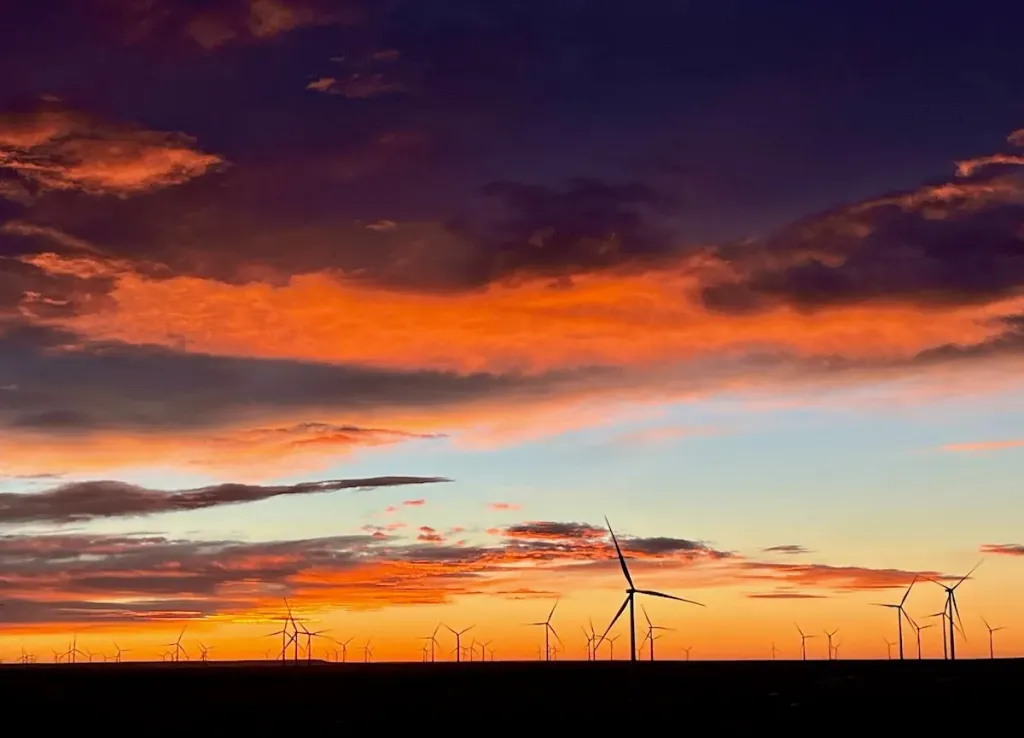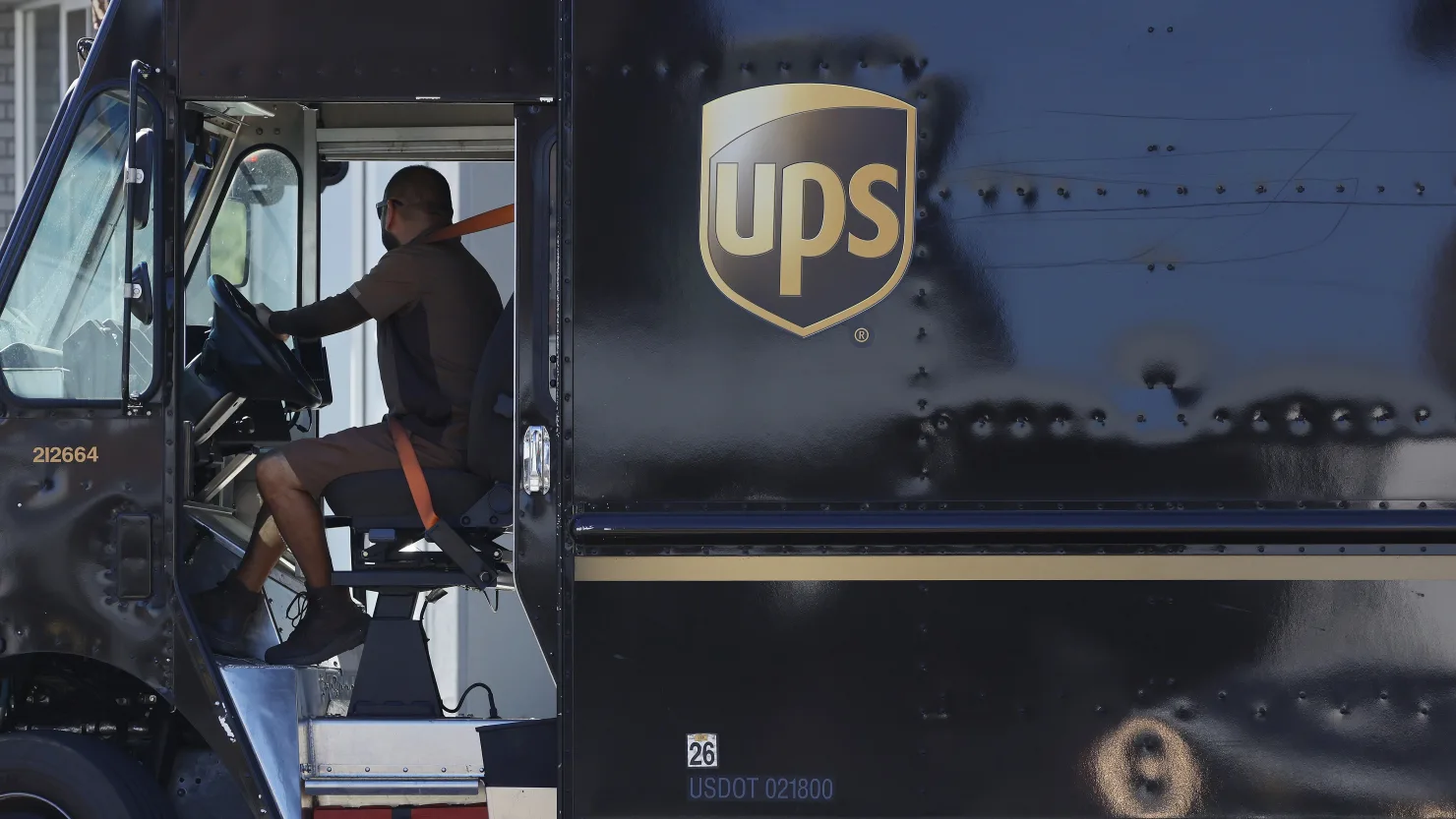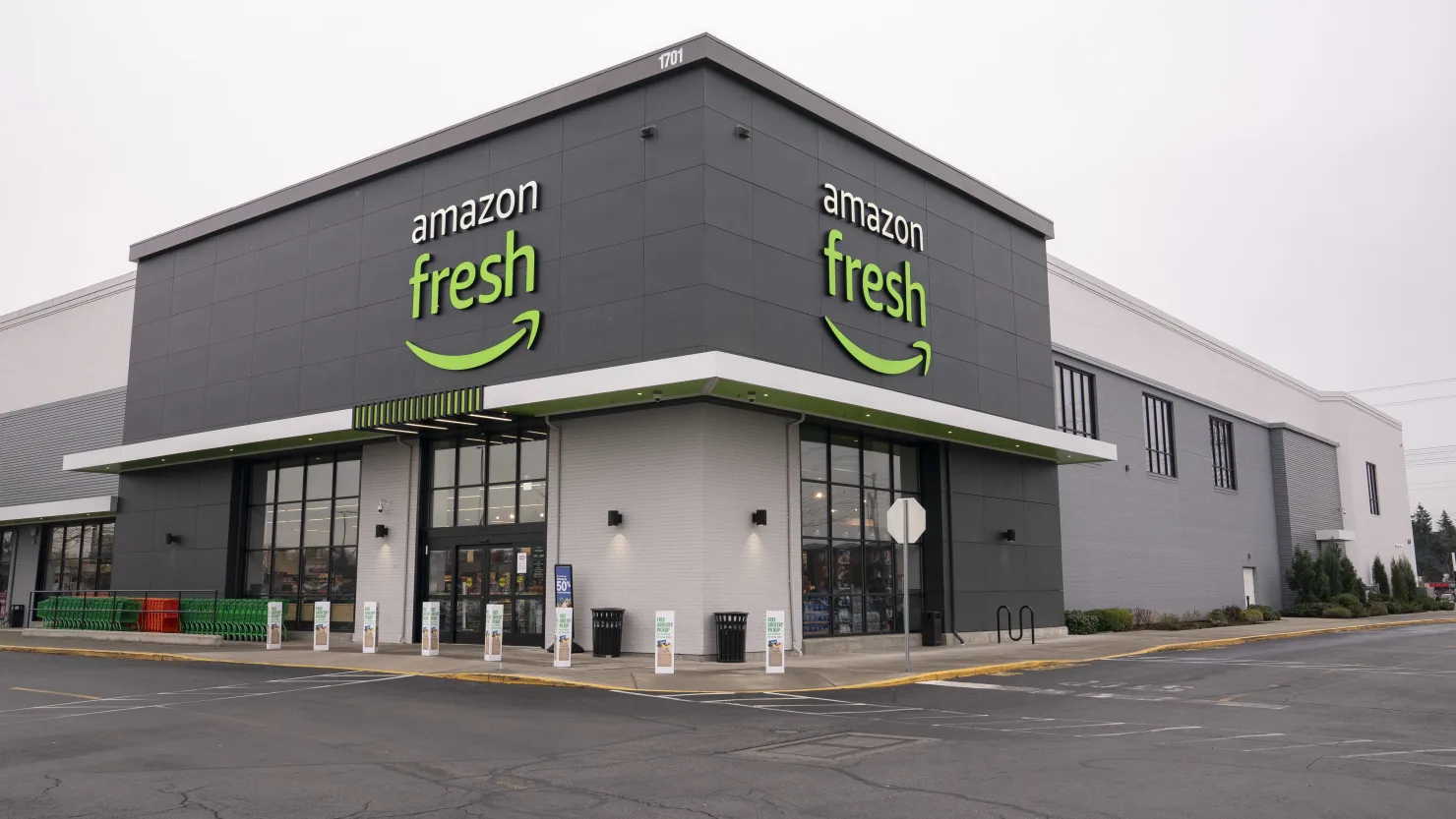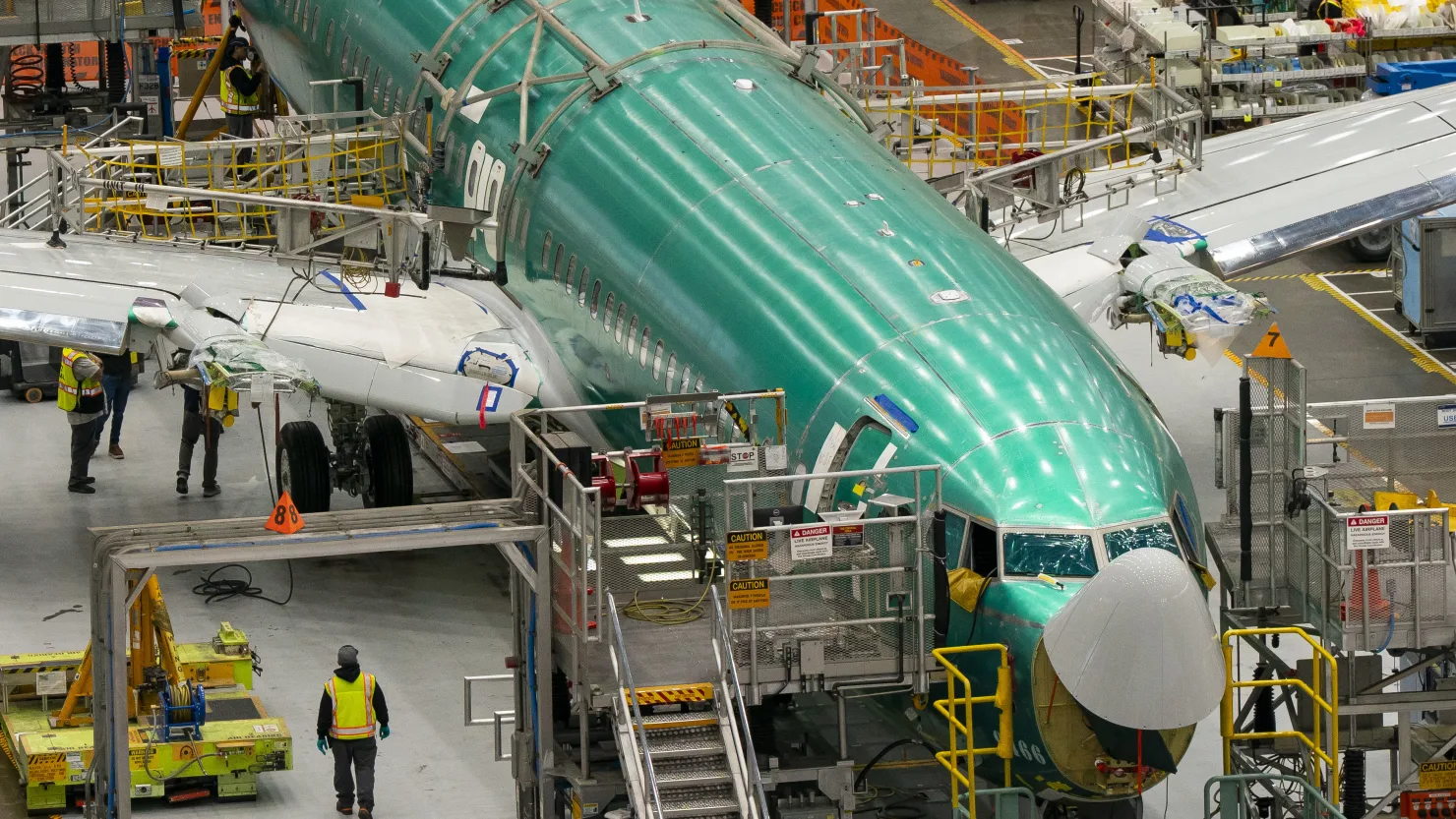China has offered a measure of relief to Western automakers facing rare earth shortages by proposing a fast-track approval process for select exports.
The move follows mounting concerns that export restrictions imposed earlier this year could severely disrupt global automotive production, especially in the European Union and the United States.
In a statement over the weekend, China’s Ministry of Commerce said it would establish a “green channel” to expedite rare earth export licenses for qualified EU firms. The decision follows recent trade discussions in Paris between Chinese Commerce Minister Wang Wentao and EU Trade Commissioner Maros Sefcovic. The Ministry expressed hope that the EU would respond with “reciprocal steps” to support mutually beneficial trade, particularly in high-tech sectors.
Meanwhile, according to reports from Reuters, China has also granted export licenses to suppliers working with US automakers General Motors, Ford, and Stellantis, though official confirmation has not been issued by the companies or the Ministry.
China imposed tighter export controls on several types of rare earth elements and magnets in April, citing national security concerns and in response to tariff increases from the United States. These materials are crucial to both internal combustion engines and electric vehicles, as well as broader applications in defense and renewable energy technologies.
The restrictions caused widespread concern among auto manufacturers and suppliers. The European Automobile Manufacturers’ Association (ACEA) warned that depleted stocks of rare earth magnets could lead to production halts as early as next month.
“We are potentially going to see production stoppages,” said Jonathan O’Riordan, ACEA’s international trade director.
Some production lines in Europe have already shut down, according to the European Association of Automotive Suppliers, while Japanese automaker Suzuki reportedly suspended manufacturing of its Swift model due to the shortage.
The announcement of the green channel was cautiously welcomed. Maximilian Butek, a board member of the German Chamber of Commerce in China, called it “good news” for European businesses but expressed skepticism about the practical implementation.
“It’s a huge bureaucratic monster,” he said, noting it remains unclear whether the expedited process will apply to large firms or entire sectors.
Butek also highlighted the unintended consequences for European companies, which have found themselves caught in the crossfire of escalating US–China trade tensions.
“We are now in the crossfire of this trade escalation, and this is really not where we want to be,” he said.
Despite the export curbs, China’s outbound shipments of rare earth materials rose by 23% in May, reaching their highest monthly volume in a year at 5,865 tons. However, data from April showed that rare earth magnet exports had fallen by 50%, contributing to growing concerns among manufacturers reliant on those components. A more detailed breakdown of exports is expected on June 20.
Rare earth demand is expected to surge in the coming years, driven by the transition to clean energy and the expansion of electric vehicle production. With China accounting for around 60% of global rare earth output, its policy shifts have significant ripple effects on global supply chains.
The move to ease restrictions comes as China and the United States remain in high-level talks to manage broader trade tensions. In a rare direct phone call last week, President Donald Trump and President Xi Jinping discussed the rare earth issue and critical mineral access. Though some tariffs have been scaled back in recent weeks, both sides have voiced grievances over implementation and reciprocal obligations.
In response to these pressures, China has also reaffirmed its strategic goals. Officials stated that approvals for rare earth exports will continue to be monitored and adjusted based on national interest, especially where sensitive technologies or supply chain control are concerned.
As Beijing navigates its geopolitical strategy and economic goals, automakers and suppliers around the world are watching closely. While the green channel offers short-term relief, many in the industry stress the importance of diversifying supply chains and investing in domestic rare earth alternatives to reduce long-term dependency.
“It is not enough just to announce it,” Butek concluded. “They have to show it.”










The latest news in your social feeds
Subscribe to our social media platforms to stay tuned